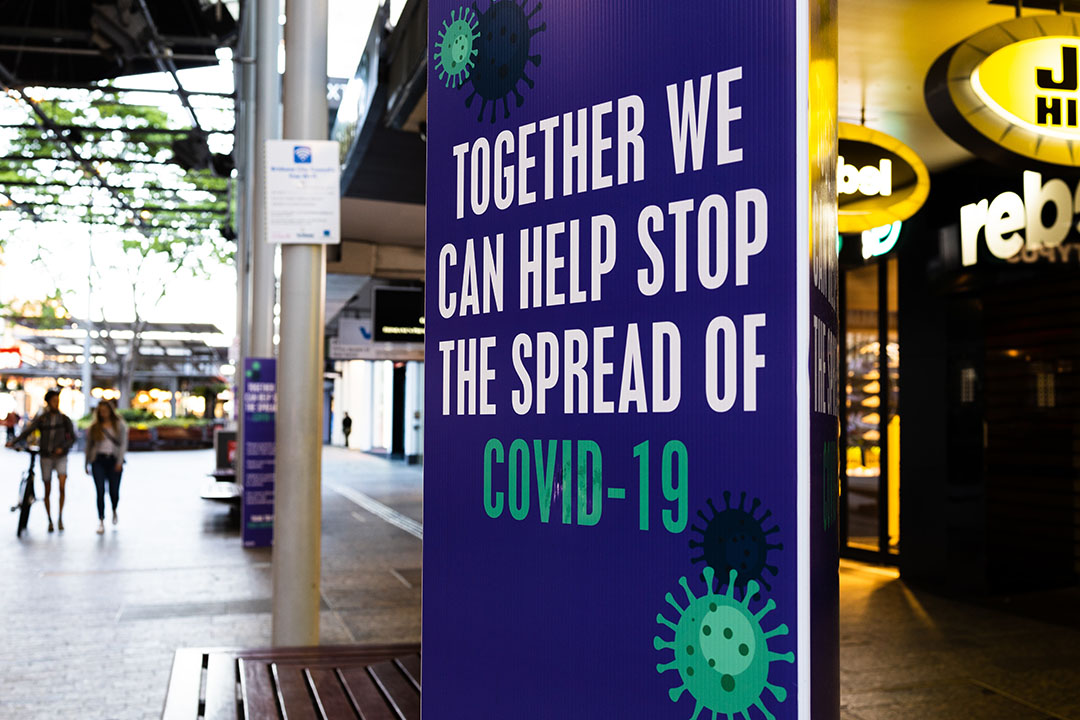Several developed countries around the world, including the United States, Israel, Germany, France, the Czech Republic, and other European Union countries, have announced that they would like to administer booster COVID-19 shots to the general population as early as this month.
Some Canadian provinces, like Ontario and British Columbia, are open to the idea of a booster shot. The world has been battling the COVID-19 pandemic since March 2020, and emerging evidence is suggesting that the current dosing regimen may not be sufficient to combat the dangerous Delta variant.
However, these plans for booster shots have been met with immense criticism from the World Health Organization (WHO) and medical specialists around the world. The WHO’s director-general, Tedros Adhanom Ghebreyesus, has been urging countries who have excess supplies of the vaccines to refrain from offering booster shots to healthy individuals who are fully vaccinated until at least the end of the year and donate those vaccines to countries still struggling to vaccinate their population. Here are several reasons why administering booster shots now may cause more harm than good.
Unequal distribution of doses
First of all, booster shot programs would reduce supply for countries already experiencing a shortage in doses and low vaccination rates. According to statistics from Our World In Data, as of September 8, 2021, just over 41 per cent of the global population have received at least one dose of a COVID-19 vaccine, and only about two per cent of people in low-income countries have received at least one dose.
In Canada, approximately 68 per cent of the population has been fully vaccinated against COVID-19, while in Nigeria, that number is at a mere 0.75 per cent. What is even more surprising is that lower-income countries such as South Africa are paying over twice as much as countries in the European Union for the AstraZeneca vaccine.
Implementing booster shots already in high-income countries also has the potential to produce even more dangerous variants of concern in countries with low vaccination rates. These variants could be more infectious than the Delta variant or evade immunity, resulting in a greater number of breakthrough cases. Migration from these countries to wealthier countries would result in transmission of these new variants, which would almost certainly prolong the pandemic and trigger more waves of cases.
This disparity in vaccine supply between richer and poorer countries, which would be exacerbated by programs like booster shots, mirrors what has been going on in Canada. Despite the country’s high vaccination rate as a whole, a study published by Iveniuk and Leon in April 2021 found that racialized communities and low-income neighbourhoods in Toronto, which have high COVID-19 rates, also have some of the lowest vaccination rates.
A failed attempt at equity
These data clearly reflect a serious global vaccine inequity that needs to be addressed. There have been a number of solutions proposed to solve this problem. One well-known one is COVAX, an initiative put in place to maintain global vaccine equity. While it has succeeded in making vaccines more accessible, there have been a host of issues with it as well, namely that it uses the population size of a country as the primary determinant of how many vaccines it should receive.
This does not take into account the integrity of a country’s healthcare system, how it has been impacted by the pandemic, and other relevant factors. This could be the reason why some countries with vaccine shortages do not experience outbreaks on the same level as other countries that face the same problem, although underreported cases could also be part of the reason.
Furthermore, high-income countries were the main source of funding for COVAX, which gave them a great deal of power over distribution. This is leading to booster shot programs among wealthy countries, as they are in control of when and how many doses they donate.
Some practical policy steps can be made to correct where COVAX went wrong. Instead of population size, vaccine allocation should largely be based on public health metrics. These include the number of new COVID-19 cases reported by a country in a given period of time, otherwise known as the incidence rate, and their health system capacity, measured by the number of available ICU beds per 1,000 people.
Countries with high incidence rates and low health system capacities should be given priority. Vaccination allocation policies should also take into account countries’ abilities to launch successful vaccine campaigns. There have been reports of lower-income countries returning doses or burning them because they were not able to distribute them before they expired.
Moving forward, who should decide the process of vaccine distribution and whether booster shots should be implemented now? Should it be governments of wealthy nations, or should it be done by a unified governing body like the WHO? While there seems to be no clear answer to this question, what is certain is that to ensure equitable and efficient vaccine distribution, there needs to be global cooperation regarding vaccination programs.


